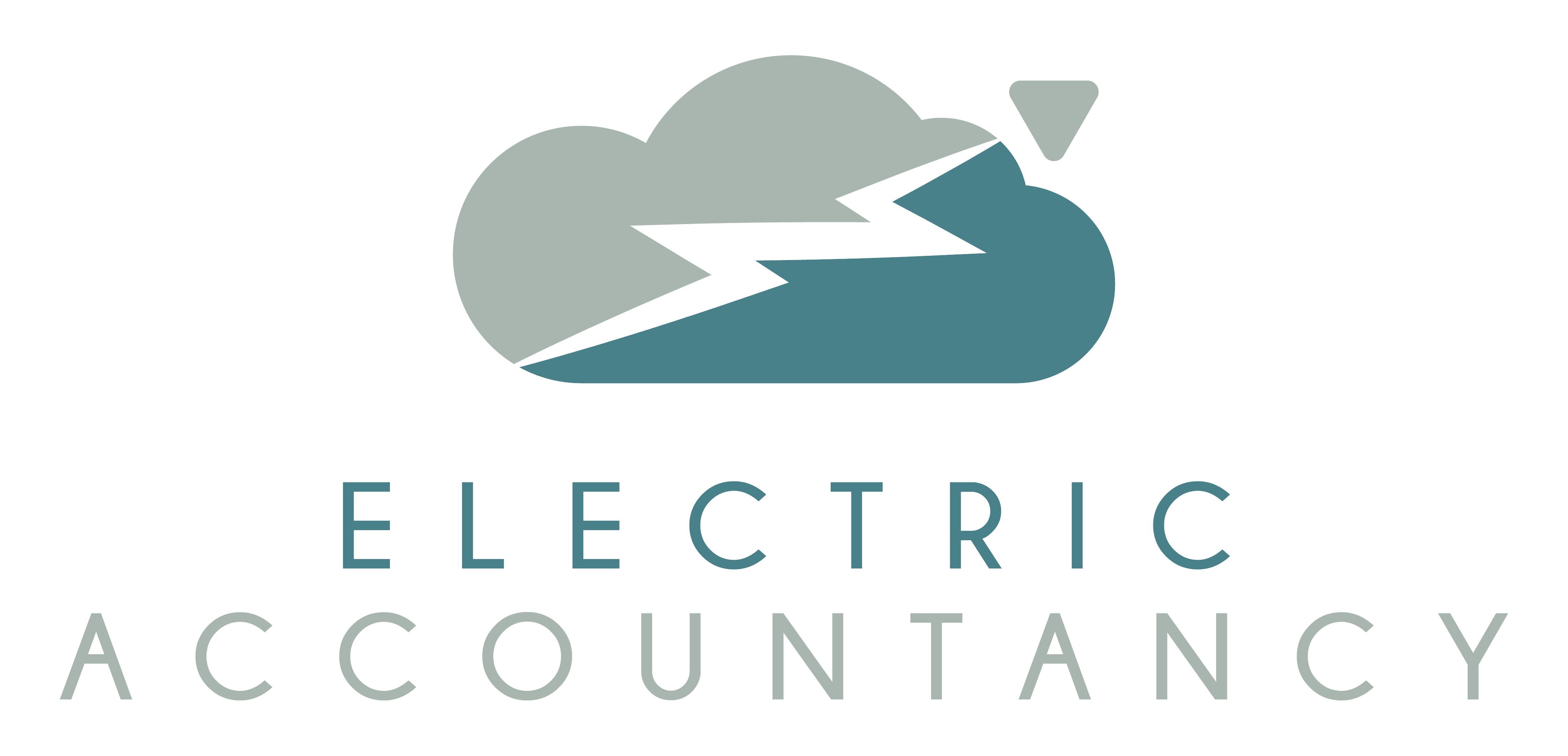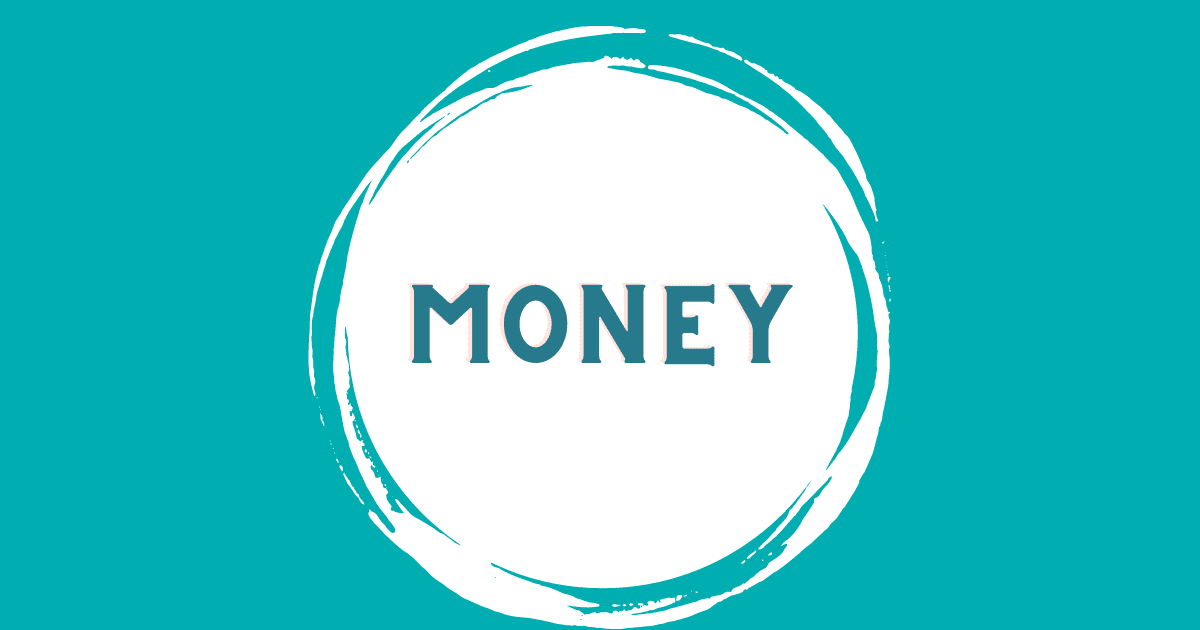Four legitimate schemes that won’t land you in hot water with HMRC, but which let you extract £20,870 from your company tax-free (updated for 21/22).
1. TRIVIAL BENEFITS
You don’t pay tax on a benefit for an employee if all of the following apply:
-
It costs £50 or less to provide (over £50, the whole lot is taxed)
-
It isn’t cash or a cash voucher
-
It isn’t a reward for work or performance
-
It isn’t in the terms of their contract (i.e. there’s no expectation of getting it).
If you’re a director of a closed company you can treat yourself too! (A closed company has 5 or fewer shareholders). Every little helps, so we recommend directors do this…..
-
Claim non-monetary items of up to £50 during the year
-
Make sure these ‘trivial benefits’ meet the conditions above
-
Don’t spend more than £300 per director in a tax year – there is a cap for directors
-
Record these as a an expense in the accounts
-
Use a company card because personal expenses don’t count unless the receipt is in the company name.
HMRC don’t need you to tell them about these trivial benefits so long as the conditions are met. Better still, they don’t count towards taxable income so you/your employee(s) don’t pay any tax on them, and your company can claim corporation tax relief on the cost.
2. SALARY
£8,840 is the maximum payment possible without paying Income Tax, Employer or Employee National Insurance Contributions. An added benefit is that whilst no National Insurance payment is made, you will still get a National Insurance ‘credit’ which means that the year counts as a qualifying year for the state pension.
3. DIRECTOR’S LOAN INTEREST
If your company owes you money, you can charge interest (at a rate in line with commercial unsecured loans). For any year that the company can’t pay the interest, you can accrue it but it’s only tax deductible for your company when it’s actually paid.
Personal Allowance: If you have not used up the full £12,570 tax-free Personal Tax Allowance, the company can pay you interest on your Director’s loan without you incurring income tax – so long as the payment plus all other income is under the Personal Allowance.
-
Starting Rate for Savings: If you receive non-savings income under £17,570, then you can earn up to £5,000 tax-free per year in savings income (e.g. interest payments). For every £1 of income over the Personal Allowance of £12,570, the £5,000 allowance reduces by £1.
-
Personal Savings Allowance: If you are a basic or higher rate tax paper you can use the Personal Savings Allowance to receive tax-free interest payments – up to £1,000 for basic rate or £500 for higher-rate tax-payers.
There are some downsides, the main one being that Form CT61 needs to be completed to inform HMRC and your company has to deduct basic rate tax from the gross interest payment and pay that to HMRC by the deadline. You can claim this back via the self-assessment return, or via R40.
4. DIVIDEND
Dividends are payments to shareholders from the profits of a company after Corporation Tax It is a tax-efficient way for a director to extract money from a company, but it can only be paid if there is enough profit after Corporation tax to cover the dividend payment (which needs to be made to all shareholders).
The company doesn’t pay tax on the Dividend payment itself, but the shareholders have to declare it on their Self Assessment returns. There is no personal tax to pay on Dividend payments under £2000. Dividends above the £2,000 tax-free Dividend Allowance are taxed as follows:
-
7% Basic Rate tax-payers (income up to £37,500)
-
32.5% Higher Rate tax-payers (income from £37,501 – £150,000)
-
38.1% Additional Rate tax-payers (income over £150,000)
SUMMARY
How to provide tax-free renumeration of £20,870 by making use of legitimate allowances:
£300 Trivial Benefits
£8840 Salary (Seconday earnings threshold)
£3730 Interest on Director’s loan (using remaining personal tax-free allowance)
£5000 Interest on Director’s loan (using Starting rate band for savings)
£1000 Interest on Director’s loan (using Personal savings tax-free allowance)
£2000 Dividend payment (using Dividend tax-free allowance)
__________________________
£20870 Total renumeration
£0 Tax paid by Director
£3585 Tax saved by Company (all payments, except Dividend, are tax deductible
If you don’t have a director’s loan that is big enough to generate such a large interest payment, then it is worth considering a larger salary payment to use the full £12,570 Personal Allowance – there will be a small Employer’s NIC to pay, but also a small reduction in Corporation Tax liability
Limited companies can make pension contributions for directors. The pension rules are complex and advice should always be sought, but in very broad terms, the contribution (when it is paid by the company) is corporation tax deductible and, assuming the contribution falls within the person’s available pension allowance, it will not be taxed on the individual until such time as they draw it out of the pension.
Even then the individual, under current rules, has the opportunity to draw out 25% of their pension fund completely free of tax (in most cases).
A final word: Always talk to an accountant who can advise you on the best approach for your specific circumstances.

